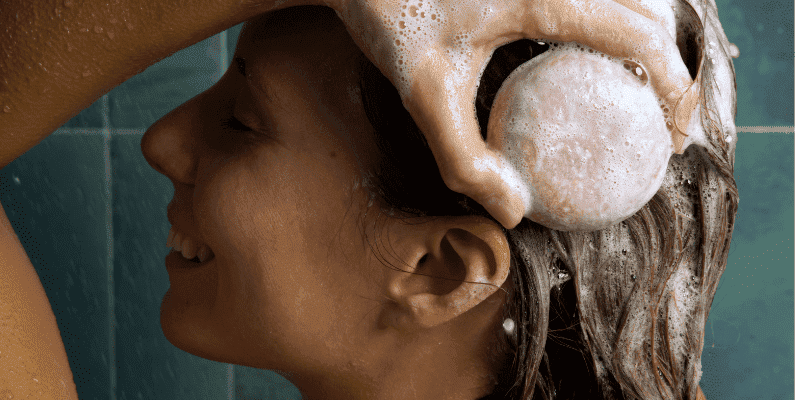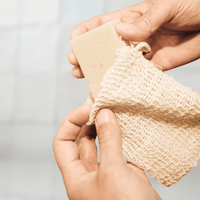
When it comes to washing your hair, there’s no one-size-fits-all answer. Your ideal shampoo schedule depends on your hair type, lifestyle, and even the climate where you live. Washing too often can strip your scalp of essential oils, while washing too infrequently can lead to buildup, irritation, and lackluster strands. In this guide, we’ll break down how often you should wash your hair based on your specific hair type. Remember all bodies are different, so listen to your hair when it comes to your individual routine.
Fine Or Thin Hair
Fine hair tends to get oily quickly because there’s less hair to absorb natural scalp oils. If your hair falls flat or looks greasy by the end of the day, you might need to wash it more frequently.
Recommended Washing Frequency: Every other day or daily if oil buildup is excessive.
Tips:
-
Use a lightweight, volumizing shampoo that won’t weigh hair down.
-
Avoid heavy conditioners—focus on applying them to the ends only.
-
A gentle dry shampoo can help refresh hair between washes.
Thick Or Coarse Hair
Thick hair doesn’t show oil as quickly as fine hair, so you can get away with washing it less often. However, if your hair is also dry or prone to frizz, over-washing can exacerbate these issues.
Recommended Washing Frequency: Once or twice a week
Tips:
-
Use a sulfate-free, hydrating shampoo to prevent dryness.
-
Condition every time you wash to lock in moisture.
-
If your scalp feels dry, consider co-washing (washing with conditioner instead of shampoo).
Curly Hair
Curly and coily hair textures thrive with natural oils, so frequent washing can lead to dryness and breakage. The curlier the hair, the less often it needs shampooing.
Recommended Washing Frequency: Once or twice a week
Tips:
-
Use a moisturizing, curl-friendly shampoo.
-
Alternate shampoo washes with shampoo-and-conditioner washes to help maintain moisture.
-
Avoid harsh sulfates that strip natural oils.
Oily Hair And Scalp
An overactive scalp produces excess sebum, the stuff that makes your hair look greasy faster. Washing more often may help if you have oily hair, but be careful not to overdo it. Too much washing can send your scalp into oil production overdrive.
Recommended Washing Frequency: Daily or every other day
Tips:
-
Use a lightweight shampoo that removes excess oil without stripping the scalp.
-
Avoid heavy conditioners or oils at the roots.
-
Rinse hair thoroughly to prevent product buildup.
-
Dry shampoo can help manage oil between washes.
Dry Or Damaged Hair
If your hair is dry, color-treated, or damaged from heat styling, less washing is better to prevent further dehydration.
Recommended Washing Frequency: 1 or 2 times per week
Tips:
-
Use a nourishing, reparative shampoo.
-
Incorporate deep conditioning treatments weekly.
-
Avoid hot water, which can make hair drier.
Active Lifestyles (Gym-Goers & Swimmers)
Sweat, chlorine, and salt water can lead to scalp buildup and hair damage, so those who work out frequently or swim often may need to wash more.
Recommended Washing Frequency: After intense workouts or swimming, but consider rinsing with water sometimes instead of shampoo if you work out daily.
Tips:
-
Use a gentle, sulfate-free shampoo if washing frequently.
-
Rinse hair with clean water before and after swimming to minimize chlorine absorption.
-
A leave-in conditioner can protect hair from sweat and pool chemicals.
At the End Of The Day: Listen To Your Hair
Your hair’s needs may change with the seasons, stress levels, and even age. The key is to adjust your routine as needed and pay attention to how your hair reacts. If you’re looking for eco-friendly, all-hair-type-friendly hair products, our eco-friendly, all-natural Shampoo Bars & Conditioner Bars have received endless five-star reviews. Made with nourishing, naturally derived ingredients, they cleanse effectively without stripping moisture, making them a versatile addition to any hair care routine.





